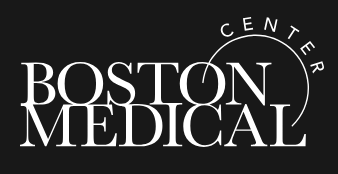This program provided low-barrier transitional housing, short-term stabilization, harm reduction, and treatment for individuals with substance use disorder living in a tent encampment
Urban tent encampments of unhoused individuals with substance use disorder (SUD) have proliferated as a result of the ongoing opioid crisis. One such encampment in Boston was the focus of efforts by the city and Boston Medical Center to provide transitional housing, harm reduction, and stabilizing treatment for opioid use disorder. A 2023 journal article details the operation of one facility out of six that were funded, located in a former 60-room hotel near the encampment - the Roundhouse Suites. In one year of operation, the Roundhouse facility made services available to 100 individuals experiencing homelessness, of which 50 were from the encampment. Sobriety was not a condition of participation in the program, making this a low-barrier, harm reduction-focused initiative.
Services included temporary housing, walk-in urgent care, management of complications from substance use, treatment of opioid withdrawal using methadone, and case management to assist transitioning to permanent housing and longer-term treatment. Of the former encampment residents, 49% began SUD treatment and 25% transitioned to permanent housing. Due to funding limitations the program was discontinued but it nevertheless provides a model for how urban areas, including large cities, can respond to the intersecting crises of homelessness, mental health, and opioid use disorder. A mayoral policy brief describes the the wider context of Boston's housing-first response to the tent encampment, and news articles on the program are here, here, and here.
Low-barrier housing with treatment for substance use disorders allows people who have been living in tent encampments to exit homelessness and achieve stabilization in a dignified and relatively safe way.









